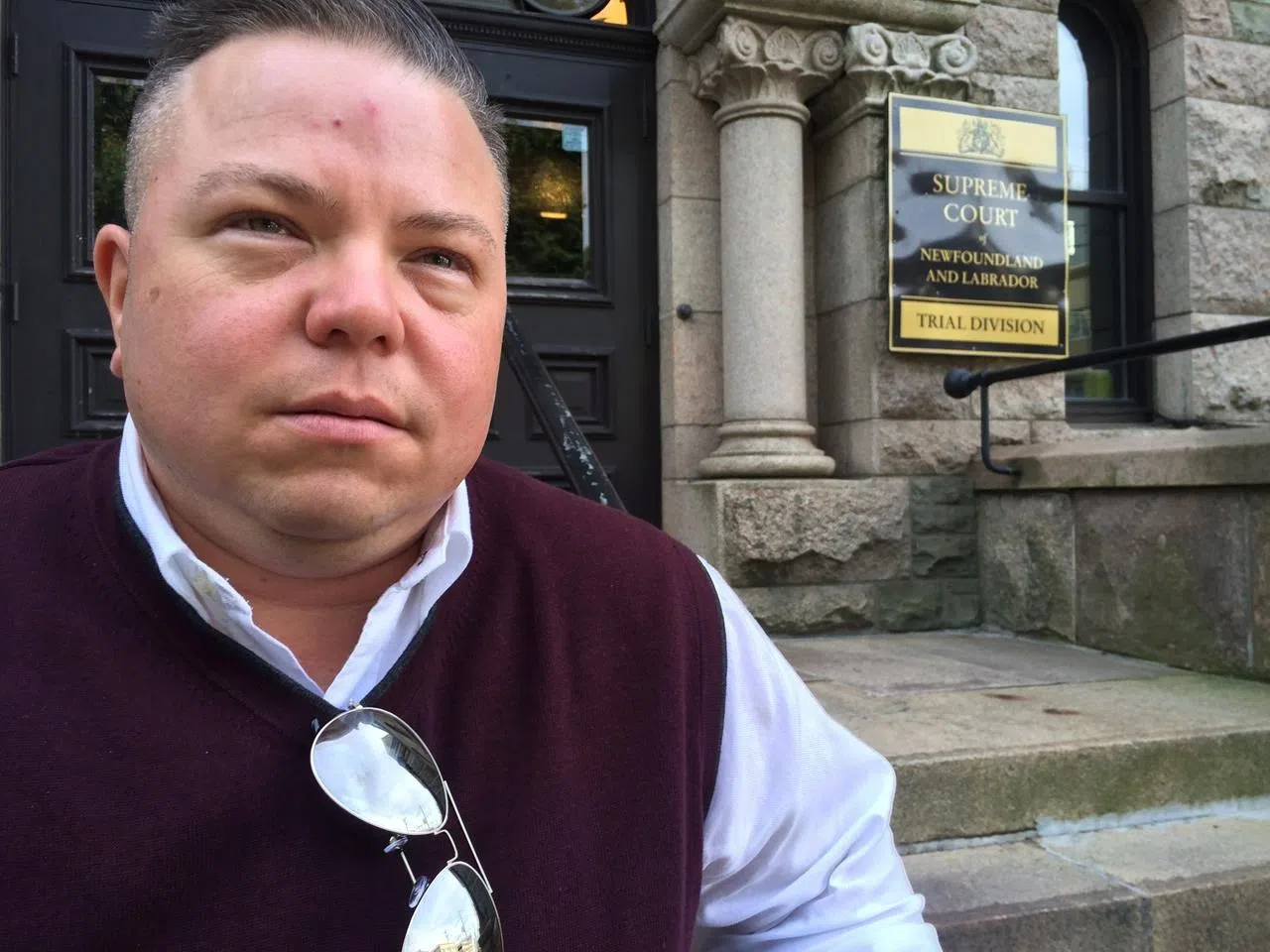
Non-binary activist savours victory:’Pretty amazing to see life from both sides’
ST. JOHN’S, N.L. — From early childhood, Gemma Hickey rebelled against wearing dresses and never felt female.
It was a misfit sensation of not belonging that Hickey wants to spare other kids — starting with their birth certificates.
Hickey describes as a “big victory” what happened Friday in a St. John’s courtroom that could go a long way to ease stigmas and increase acceptance for those who linger between genders.
Hickey’s legal challenge of the province’s Vital Statistics Act, which allows birth certificates only to have male or female sex designations, was delayed at provincial Supreme Court in St. John’s while the province enshrines another option.



